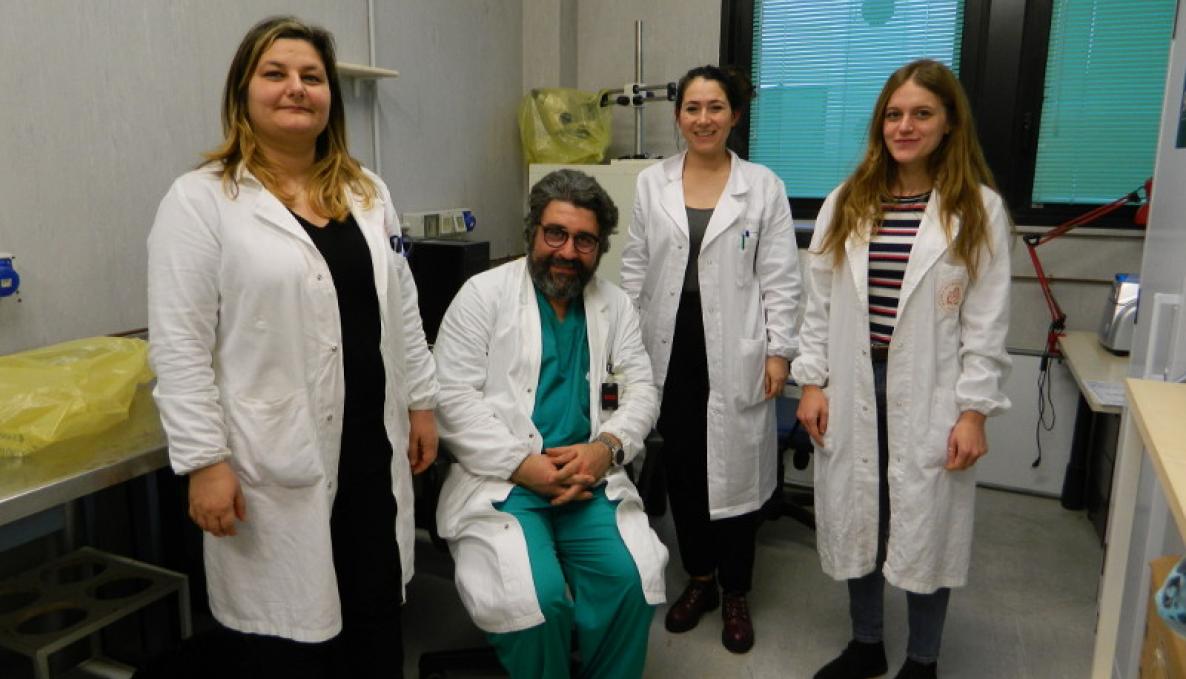CARDIOPROTECTION: TICAGRELOR Enhances Release of Anti-Hypoxic Cardiac Progenitor Cell-Derived Exosomes. coordinated by sant’anna school institute of life science, the STUDY is PUBLISHED IN SCIENTIFIC REPORTS journal

Studies have shown that a glass of water and one single pill may reduce heart disease. In particular, the ticagrelor (currently registered as 90 mg and 60 mg film-coated tablets and approved in the EU in 2010) low dose achieves greater platelet inhibition, enhances exosome levels and reduces side effects such as bleeding and dyspnea. The research paper by scientists of the Sant’Anna School Unit of Translational Critical Care Medicine, the Tuscany Foundation G. Monasterio, and the Cardiocentro Ticino – Lugano, was published in the open access Scientific Reports journal after the American Heart Association released their update recommendations.
Given the emerging interest in testing the effect of conventional cardiovascular drugs on the cardioprotective potential of exosomes derived from stem/progenitor cells, researchers have assessed the role of ticagrelor-induced hCPCs-derived exosomes (human cardiac-derived mesenchymal progenitor cells) in increasing resistance of cardiomyocytes to severe hypoxia. They have also demonstrated that a pre-treatment of cardiomyocytes with exosomes released from explant-derived hCPCs exposed to low-dose ticagrelor attenuated hypoxia-induced apoptosis. Their data indicated that ticagrelor could be leveraged to modulate release of anti-hypoxic exosomes, the smallest membrane-surrounded extracellular nanovesicles.
“We further investigated the widespread clinical use of cardioprotection by long-term direct antagonism of P2Y12 receptor. We then identified how release of pro-survival exosomes from human cardiac-derived mesenchymal progenitor cells is regulated by clinically relevant dose of ticagrelor (1 μM), an oral selective and reversible non-thienopyridine P2Y12 inhibitorhave pre-treated explant-derived hCPCs with nontoxic dose of SNS314 mesylate, an inhibitor of histone H3 phosphorylation at serine 10. In particular, sustained pre-treatment of cardiomyocytes with exosomes released from explant-derived hCPCs exposed to low-dose ticagrelor attenuated hypoxia-induced apoptosis through acute phosphorylation of ERK42/44. Our data indicate that ticagrelor can be leveraged to modulate release of anti-hypoxic exosomes from resident hCPCs.” highlighted Professor of Anesthesiology Vincenzo Lionetti, as the research coordinator.
“In addition, Valentina Casieri, a member of the researcher team, has performed additional experiments by treating hCPCs with anti-aggregant nontoxic dose of 2-oxo-clopidogrel. Therefore, our results assume clinical significance in the development of new noninvasive pharmacological approach to enhance endogenous exosome-based anti-hypoxic response and protect heart at risk for developing myocardial ischemic injury. For all these reasons, we are glad to partner with a Swedish company and explore new treatment options for patients,” added Vincenzo Lionetti.



